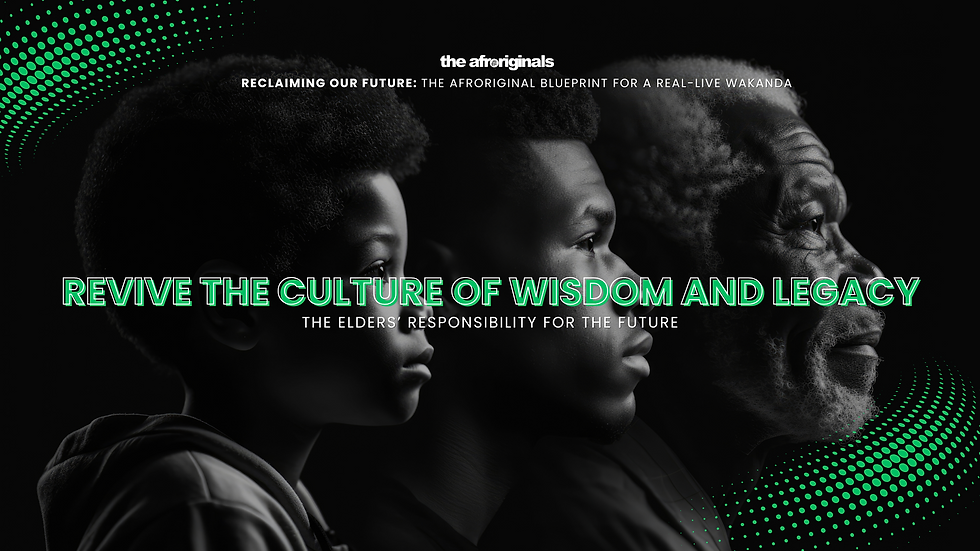Inequalityville: About My Hair
- Inemesit Essien Graham

- May 9, 2023
- 3 min read
Updated: May 13, 2023

A friend asked me about my hair. She asked me if it was curly like my sons. I smiled and responded I had an afro; it was thick with very tight curls.
She asked if I straightened it; she had never seen my hair anything other than straight. She said it was sometimes wavy, or braided but never thick and curly.
This White friend, most of my friend's actually, have never actually seen my real hair. I grew up hating my thick, dark afro and trying to style it in as westernized a way as I could. I grew up learning how to hide my hair.
I thought about how to approach the conversation. I would have to explain to her what she was seeing was not my real hair. I would have to explain to her that I wore wigs, and weaves, and extensions when my hair was braided. I would have to explain to her that West African people don't have naturally straight, smooth hair.
I could tell her how I used to straighten my hair with powerful chemicals that burned my scalp. I could tell her lots of Black girls and women do this and it's called relaxing your hair. I could tell her it's dangerous and harmful but we do it anyway in the pursuit of straight , European hair. I could tell her that there is a culture of shame around Black hair and the natural hair movement is growing because of it.
I would have to explain Black culture to her. I wouldn't have to have this same conversation with my Black friends, or any Black person I met. They would already know.
White culture is normalized. Black culture is not. I don't ask questions about my White friend's hair. I understand White hair for the most part. I see it represented in many different ways. I
see White culture represented in many different ways.
I grew up seeing it represented among aristocrats in The Royals. I saw it represented among the working class in Shameless. I saw it represented in the tech industry in Silicone Valley. I saw it represented in the workplace in The Office. I represented in teen comedy in Saved by the Bell. I saw it represented in parody in The Simpsons. I saw it represented in friendships in Friends, in Sex and the City, in reality shows like Jersey Shore, the Hills, Vanderpump Rules. I see it written about, advertised to, celebrated.
White culture is everywhere. We are submerged it in. White people do not have to explain it to Black people. I have to explain Black culture to most people that are not Black.
It's easy to say it's not about race when your race is normalized and humanized. But when a question about hair becomes a question about culture, race matters.
I was in a group of Black women recently doing a project. One woman, a woman who I had just met an hour earlier, said she felt such freedom within the group that she could whip off her false ponytail (and she did)! We laughed because we all understood. No one would have to ask questions about her hair. No one would be shocked. We all understood Black hair. We all understood the different ways in which we style, and hide it. We were from several different countries, histories and backgrounds but we understood. We didn't have to be taught. We were normal to us.
Representation matters because until Black hair becomes as normal as White hair, until Black culture becomes as normal as White culture, Black people will always be considered the "other". And the "other" will always be oppressed.




Comments